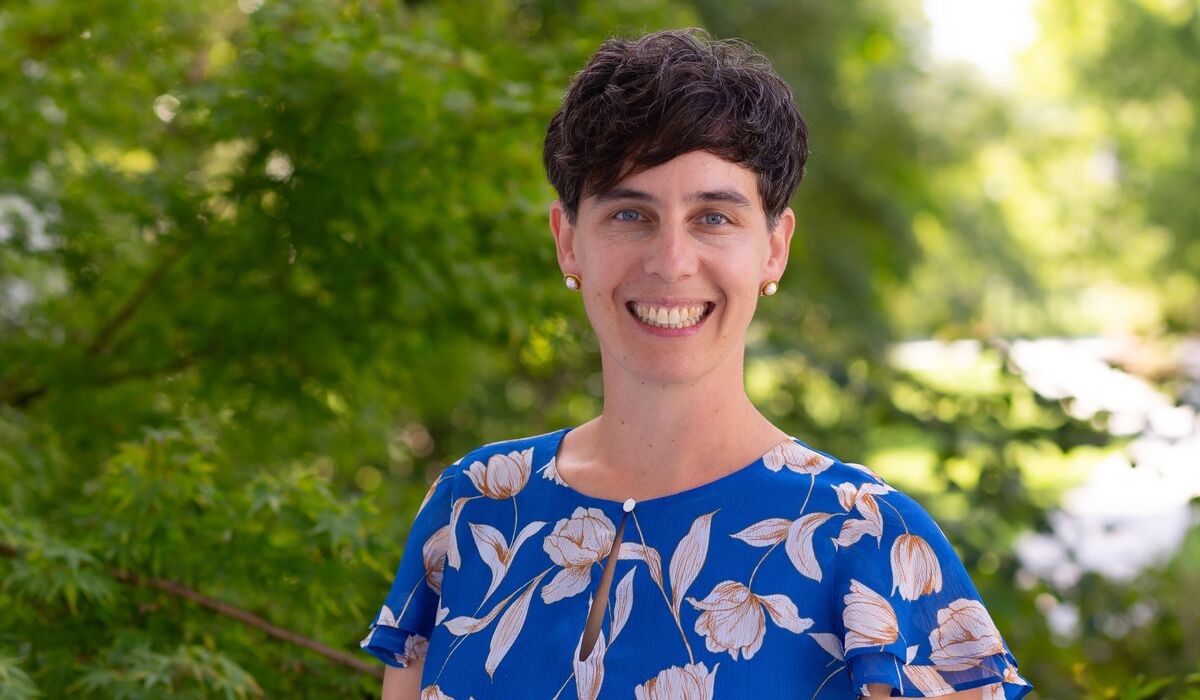
Classics Chair Rachel H. Lesser arrived at Gettysburg College in the fall of 2016. She has taught courses in ancient Greek literature, culture, and history, and in ancient Greek and Latin languages. Lesser has also pursued research on women, gender, and desire in Greek poetry, especially Homeric epic.
Lesser earned her B.A. in classics, summa cum laude, from Columbia University and then a second B.A. in classics and English from Magdalen College, Oxford University. She completed her M.A. and Ph.D. in classics, with a designated emphasis in women, gender, and sexuality, at the University of California, Berkeley.
Her first book, “Desire in the Iliad: The Force That Moves the Epic and Its Audience”(Oxford University Press, 2022), is a comprehensive examination of the many forms of desire in Homer’s “Iliad” and their relation to the epic’s narrative structure and audience reception.She has also published on the representation of women and on gender norms and hierarchies in Homer’s “Odyssey,” as well as on the lyric poet Sappho’s portrayal of female same-sex love. Lesser’s articles have appeared in top classics journals such as the American Journal of Philology and Arethusa. In her current projects, she is using queer theory to analyze Greek epic and studying the reception of Homer by ancient authors and contemporary novelists.
In her courses, Lesser takes on big questions with her students, such as:
- “How is power distributed in a society?”
- “What does justice look like?”
- “How do we think about the ‘Other?’”
- “What forces—inside us or beyond us—determine our actions?”
- “How has the human experience been conceived and represented differently in other times and places?”
- Conversely, what ideas and structures persist through time, and how has the past shaped our present?
Her students learn enduring skills that will set them up for success in any profession, including the ability to read closely and analytically, think critically, and express themselves clearly and persuasively in speech and writing.
In her pedagogy, Lesser seeks to engage students and leverage their unique knowledge and perspectives. Her students analyze and debate ancient texts and other forms of cultural production in class discussions that are often guided by their own questions. They not only write papers and give presentations, but also creatively translate, adapt, and perform ancient works, such as tragic dramas.
“When students’ voices and experiences are elevated, my classroom becomes a more meaningful space for everyone,” she said. “I love how my students open up ancient literature in new ways and make unexpected connections between the past and the present.”
Photo by Shawna Sherrell
Posted: 03/24/25